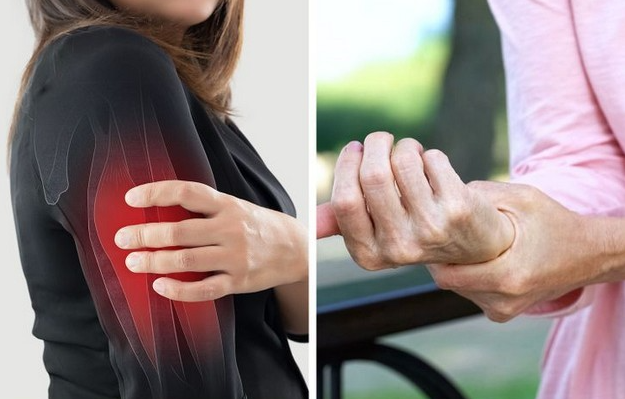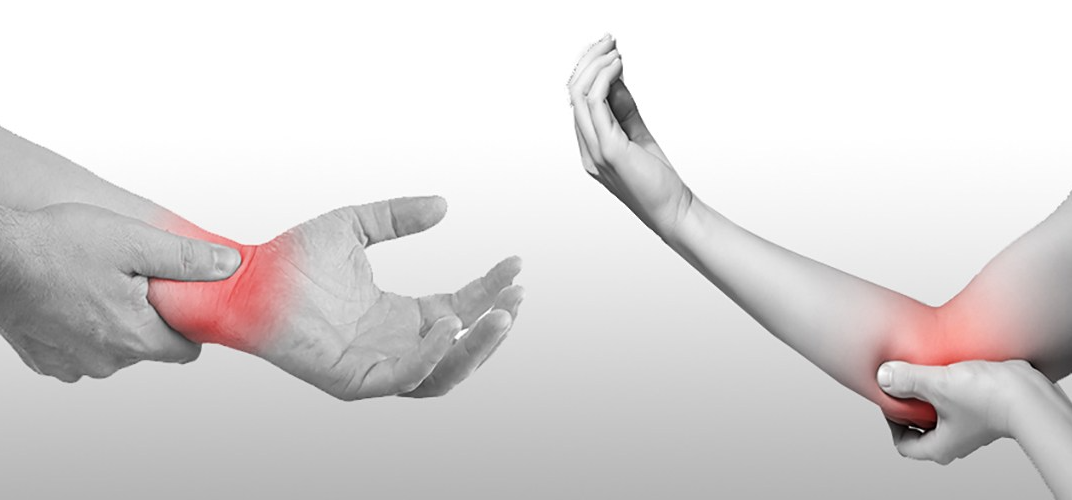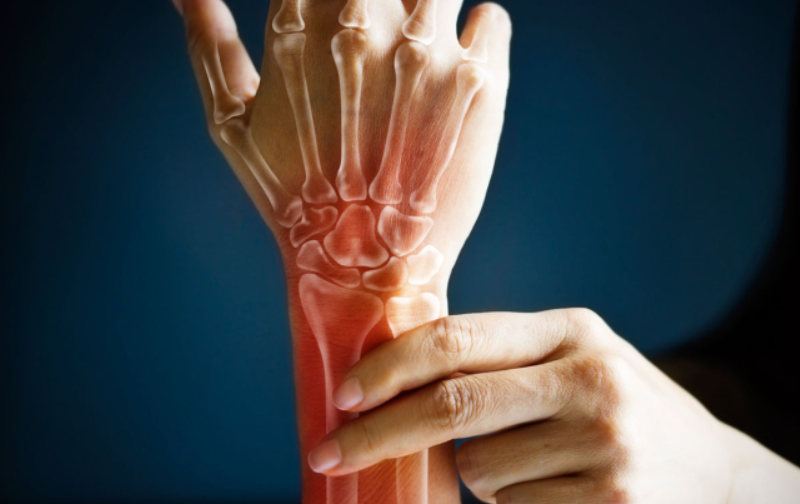Seasons and temperatures have an effect on your body, as you may have noticed. When it rains, some people get joint discomfort, some people get skin problems when it’s very cold, and some people get swelling when it’s very hot.
Weather and temperature certainly have an impact on our bodies, and they can sometimes increase the risk of certain health issues.
See how the weather affects our body:
Swollen limbs
If you are in a really hot environment, your body will attempt to cool down, but this will be more difficult. Warm blood is normally carried to the skin’s surface, where it cools through sweating. But on very hot and humid days, this process does not go well, so instead of the liquid evaporating in the form of sweat, it accumulates in the extremities and swelling occurs.
What to do: If your body isn’t used to high temperatures, spend more time in a cold place, even if you’ve adapted to the summer heat.
Increased risk of heart attack (does not mean it happens often in everyone)
Cold weather can sometimes raise the risk of a heart attack. Blood flow to the heart can be slowed by cold temperatures. As a result, the heart has to work harder, requiring more oxygen than is already available in the blood. As a result, the risk of a heart attack rises.
What to do: If you have a cardiac condition, avoid exercising or doing any type of physical activity outside during the winter months.
Skin problems
Low temperatures are “to blame” in this scenario as well. Fats are secreted by our skin to keep it wet. When the air temperature is low, the humidity in the air lowers, which affects the skin’s dampness. If the wind blows, the natural oils are removed from the skin even more, so the skin can become even drier.
What to do: Apply moisturizer more often, as well as sunscreen. At the same time, avoid bathing in hot water, which removes natural oils from the skin.
Hair and nail problems
Hair and nails, like skin, can get drier when the temperature drops. As blood flow decreases in cold conditions, so does the supply of oxygen and nutrients. Hair and nails become dry and brittle as a result.
What you should do is: To begin, avoid using hot water to wash your hair. Use extra mask or hair conditioner at the same time. To address the nail problem, use a hand cream designed for extremely dry skin and apply it to the nails every time.
Joint pain
Your grandmother must have told you that as the weather changes, her knee hurts, and research has proven that this is true.
Changes in air pressure, as well as humidity and temperature, can have an impact on the body’s joints. However, whether the temperature is colder or rainier, or when the humidity is high, experts are still unable to pinpoint exactly what causes joint pain.
What you should do is: Warm up your body; it stimulates circulation, relaxes muscles, and improves pain tolerance. It’s also a good idea to schedule some modest cardio and stretching workouts.
Allergies
Weather conditions can sometimes “trigger” allergies, resulting in respiratory issues.
People who are allergic to pollen are more likely to experience this. When the weather warms up, pollen blooms, causing a slew of problems for allergy sufferers. These allergies are normally innocuous, although they can cause a lot of discomfort.
What to do: If you have allergies, you should contact your doctor, who will most likely prescribe a medication to relieve your symptoms.
Vitamin D deficiency
The sun is one of the most important sources of vitamin D. The day lengthens as the seasons change, and our exposure to the sun decreases. As a result, the body may experience vitamin D insufficiency. Weakness, heightened sensitivity to pain, and high blood pressure are some of the most typical signs of this insufficiency.
What to do: Increase your intake of vitamin D-rich foods such eggs, mushrooms, orange juice, and salmon. You can also take dietary supplements, but you should check with your doctor first.
Bad mood
Vitamin D deficiency can also lead to depression. Serotonin, widely known as the happiness hormone, is affected by vitamin D. When the body doesn’t get enough vitamin D throughout the winter, serotonin levels drop, which has a direct effect on mood.
What to do: During the day, try to spend more time in the sun. Simultaneously, increase your vitamin D consumption through diet. It’s best to seek professional help if you’re having major issues with your mood.
More frequent headaches
When the temperature drops, the air becomes drier, which can lead to dehydration, which can induce headaches. Changes in air pressure are also thought to be a cause of headaches in the winter. This is a common condition among migraine sufferers.
What to do: It’s best to seek medical advice in this scenario as well.
Asthma
Asthmatics’ symptoms are said to be exacerbated by high temperatures. It’s unclear why, but it’s thought that inhaling heated air narrows the airways, causing coughing and shortness of breath. At the same time, pollen in the air during the summer months might “ignite” the symptoms.
What to do: If you have asthma and notice that your symptoms are growing worse, seek medical help immediately.




